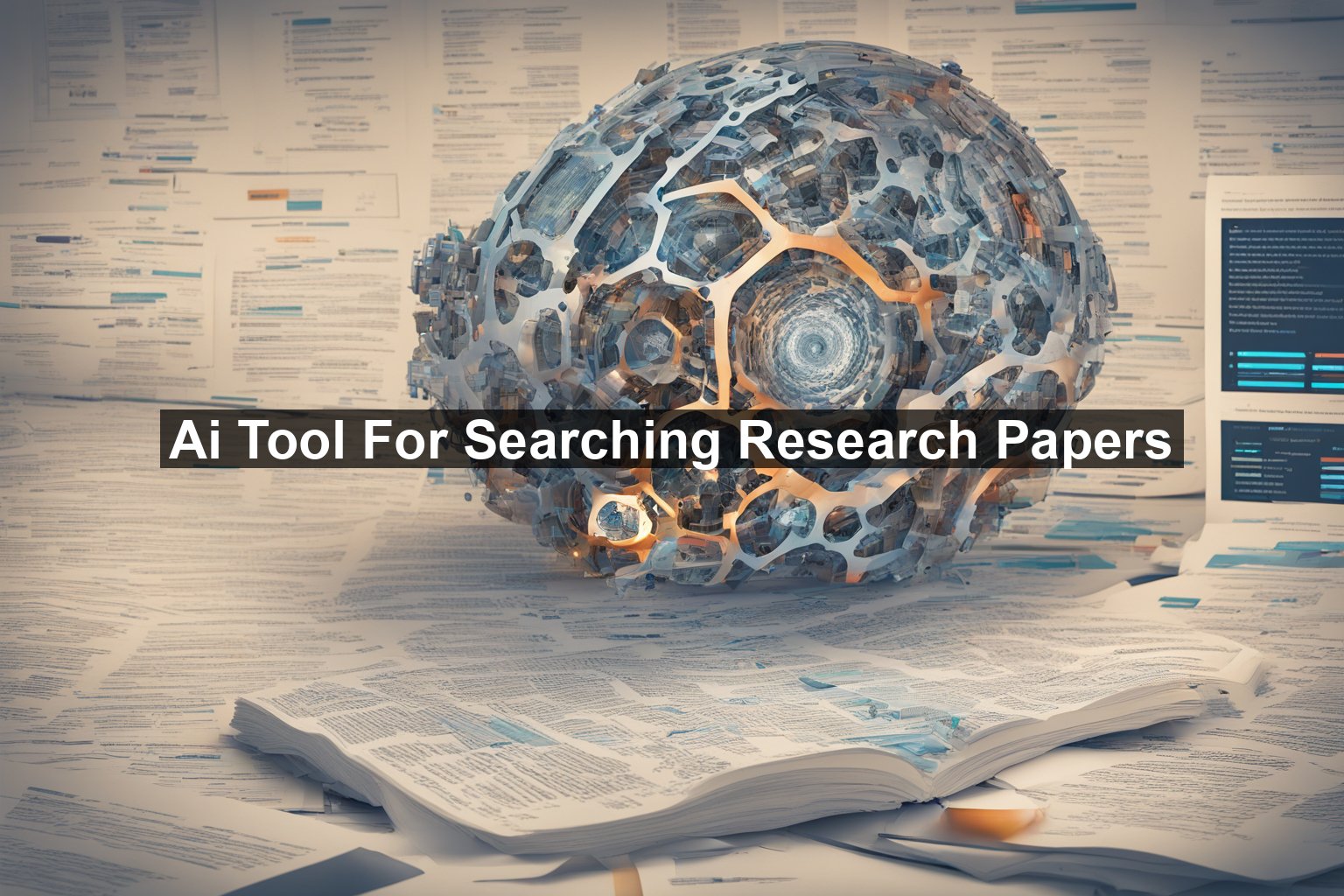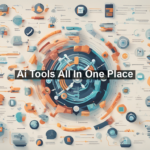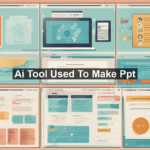Artificial Intelligence (AI) is rapidly changing how we approach research. Imagine having a tool that can sift through thousands of academic papers within seconds, pinpointing exactly what you need. Sounds amazing, right? In this blog post, we dive deep into AI tools designed for searching research papers, demonstrating their significance and how they can add value to your research process. By the end, you’ll understand how these tools work, their benefits, and the best options available today.
Why Use AI for Searching Research Papers?
The traditional method of researching involves spending countless hours poring over different papers and studies. This tedious process not only consumes time but also risks missing out on critical information. Here’s where AI tools come to the rescue.
Efficiency and Speed
AI-powered search tools can quickly process enormous amounts of data. They identify the most relevant papers within seconds, saving researchers precious time. For instance, Google Scholar introduced AI functionalities to assist researchers in discovering and organizing their sources faster and more comprehensively. Learn more about Google Scholar.
Accuracy
AI tools leverage algorithms that understand the context and scientific jargon better than general search engines. This results in higher accuracy and relevance. These tools can understand nuanced queries, filtering out the noise, and focusing on peer-reviewed studies and papers.
Customization
With AI tools, you can customize your search parameters. Whether you need papers published within a specific timeframe or studies that use certain methodologies, AI makes it possible to tailor your search.
Top AI Tools for Research Paper Searches
1. Semantic Scholar
Semantic Scholar is an AI-powered research tool that offers comprehensive access to scientific papers. Developed by the Allen Institute for AI, it aims to empower researchers with AI-driven insights. Key features include:
- Filtering papers by field and relevance
- Automatic citation recommendations
- Semantic search that understands natural language queries
2. Iris.ai
Iris.ai is another promising AI tool designed to simplify the research process. It uses AI to map out and understand the content of research papers. Users can upload a research paper, and Iris.ai will generate a list of related studies. Features include:
- Contextual understanding of your research topic
- Customized content maps
- Highly accurate search results
3. ResearchGate
ResearchGate has integrated AI capabilities to assist researchers in finding relevant papers and collaborators. This platform stands out with its interactive features:
- AI-based paper recommendations
- Option to follow researchers in your field
- Direct access to a wide range of academic papers and articles
How to Get the Most Out of AI Research Tools
Understand the Basics
Before diving into any AI tool, it’s essential to grasp the basics. Know the primary functions and features of the tool. Take some time to explore tutorial videos and user guides.
Define Your Search Criteria
Having a clear picture of what you’re looking for will give you more relevant results. Define keywords, publication dates, and authors if necessary. Be specific to filter out unrelated material.
Make Use of Advanced Features
Most AI research tools come packed with advanced features to aid your search. Whether it’s semantic search, citation tracking, or personalized recommendations, explore these functionalities to make your research process smoother and more efficient.
The Future of AI in Academic Research
The integration of AI in academic research is just beginning. As these technologies evolve, we’re likely to see even more sophisticated tools capable of predictive analysis, real-time data synthesis, and perhaps even hypothesis generation. Renowned university institutions like MIT and Stanford are already spearheading research in this area. For more in-depth insights, periodically check publications from MIT and Stanford University.
Conclusion
Utilizing AI tools for searching research papers is a game-changer, offering unparalleled speed, accuracy, and efficiency. As we’ve explored, tools like Semantic Scholar, Iris.ai, and ResearchGate are frontrunners making significant strides in this domain. Whether you are a seasoned researcher or just starting, embracing these tools can substantially enhance your productivity and ensure you stay at the forefront of your field. The digital transformation of academic research is here, and it’s time to harness its full potential.











